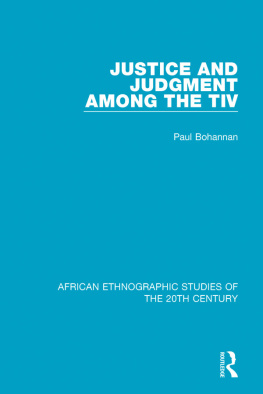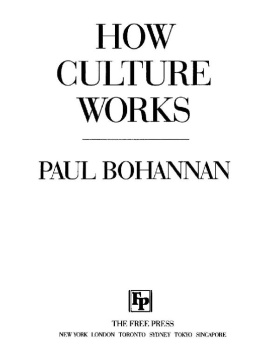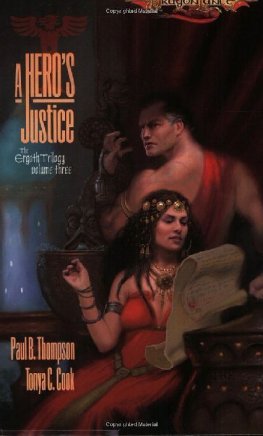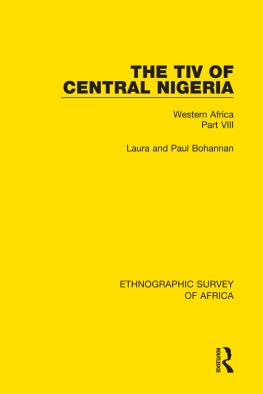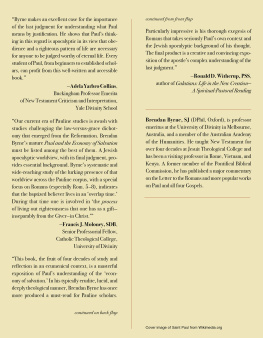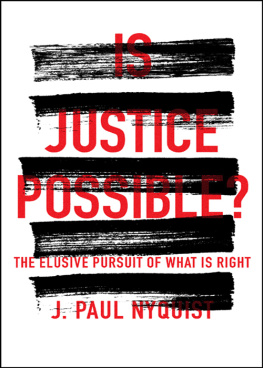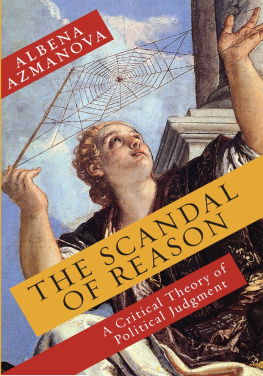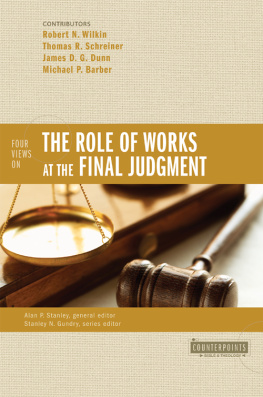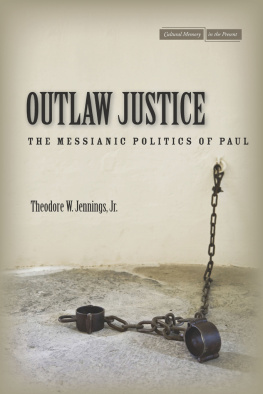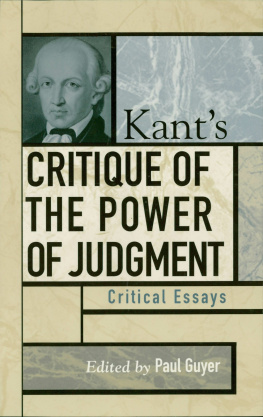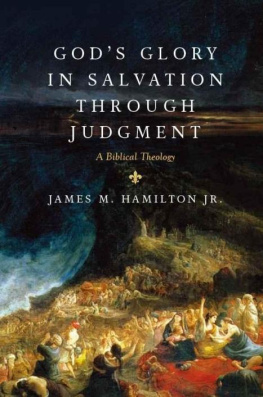First published in 1957 and in 1968 with a new Preface by Oxford University Press for the International African Institute.
This edition first published in 2018
by Routledge
2 Park Square, Milton Park, Abingdon, Oxon OX14 4R N
and by Routledge
711 Third Avenue, New York, NY 10017
Routledge is an imprint of the Taylor & Francis Group, an informa business
1957 and 1968 International African Institute
All rights reserved. No part of this book may be reprinted or reproduced or utilised in any form or by any electronic, mechanical, or other means, now known or hereafter invented, including photocopying and recording, or in any information storage or retrieval system, without permission in writing from the publishers.
Trademark notice: Product or corporate names may be trademarks or registered trademarks, and are used only for identification and explanation without intent to infringe.
British Library Cataloguing in Publication Data
A catalogue record for this book is available from the British Library
ISBN: 978-0-8153-8713-8 (Set)
ISBN: 978-0-429-48813-9 (Set) (ebk)
ISBN: 978-1-138-48956-1 (Volume 8) (hbk)
ISBN: 978-1-351-03730-3 (Volume 8) (ebk)
Publishers Note
The publisher has gone to great lengths to ensure the quality of this reprint but points out that some imperfections in the original copies may be apparent.
Disclaimer
The publisher has made every effort to trace copyright holders and would welcome correspondence from those they have been unable to trace.
JUSTICE AND
JUDGMENT AMONG
THE TIV
PAUL BOHANNAN
The mistake of judging the men of other periods by the morality of our own day has its parallel in the mistake of supposing that every wheel and bolt in the modern social machine had its counterpart in more rudimentary societies.
SIR HENRY MAINE
Published for the
INTERNATIONAL AFRICAN INSTITUTE
by the
OXFORD UNIVERSITY PRESS
LONDON NEW YORK TORONTO
I N considering a reprint of this book, I reread it for the first time since the original page proofs were dealt with in 1956. It was then early October, 1966, just ten years later, and The New York Times was carrying reports about the slaughter of Ibo in Northern Nigeria. No coincidence could have driven home more dramatically that this book is over ten years old, that the events it reports are over fifteen years old, that it deals with a political and social system now gone, and that ethnographers cannot go back again. I have also reread the reviews and criticisms of this book, most of which were largely cogent and even generous. However, there was one consistent criticism that I thought and still think was uncomprehending (but because so many people read it that way, the shortcoming must be mine) and one other flaw that I have found that had passed unnoticed, or at least largely unnoted.
The Problem of Comparison
The critics, almost without exception, claimed that the material in the book is presented in such a way as to make comparison impossible. Hoebel, Today, with an opportunity to add that chapter, I have changed my mind : I not only think it unnecessary, but I am certain that it would detract from the purpose of the book.
I have discussed the problem of comparison in legal anthropology in a review of Gluckmans Ideas of Barotse Jurisprudence that was originally prepared for the American Anthropologist; because of space limitations resulting from a financial crisis in 1967, the editors could not publish so long a review. I thereupon published the original review in Kroeber Anthropological Papers of the proceedings of a Wenner-Gren Conference at Burg Wartenstein in the summer of 1966. In those places I have again set out my ideas about the problems of translation, have defended the folk system, and have essayed initially a typology of comparative methods.
After considerable thought, I have decided not to repeat or recast any of this material for the present second edition of this book. It is my firm opinion that both the criticisms and the defence are of a transient nature and that to include this discussion would add nothing to understanding the Tiv institutions. Moreover, both the original criticism (especially that of Gluckman) and my response verges on polemicand I know no book in which polemic does not age more quickly than factual and interpretative substance, and I do know some (like Malinowskis book on law) that are made almost unreadable by polemic that has long since ceased to be relevant. In short, I am much more interested that Tiv institutions be understood in their own terms than that any theoretical or methodological predelictions of mine be defended.
Here I will note only two points: (1) my insistence that Tiv ethnography be seen in its own terms has been read to mean that I said that Tiv ethnography was unique. I find that I said nothing so absurd as that. Whether or not the culture traits that I have reported for the Tiv are unique to them is not important for purposes of this book. What is important is that they are valued and understood by Tiv as part of a system, and that to deal with culture traits in any other terms before dealing with the system and their place in it, is to misunderstand and misconstrue the ethnographic scene. (2) My insistence on clarification between what is ethnographic fact and what is analytical frame of reference has been interpreted as hostility to or ignorance of jurisprudence. I want only to make it clear that the hostility is to using jurisprudence (or anything else) as a deus ex machina to deliver us from the difficulties either of ethnographic reporting or careful comparison.
It seems clear and obvious that I am not here saying that comparison is unimportant or impossible. Rather, I would note that, from the earliest anthropological times, there have been two schools of thought on the subject. One can be summed up by the early writing of Tylor on traits and clustering
Again, I choose not to repeat this material hereboth because I have already published it in two places, and, perhaps more important, because I am still in media res. I intend to deal with the subject of comparison at some length in a cross-cultural study of divorce that I have been working on since 1963, and which will, with luck and tenacity, lead to a monograph on the subject of intersocietal comparison of that set of institutions. That monograph, as it is now projected, will contain a discussion on what different authors have called comparative, with the successes and shortcomings of each of several methods.
The Problem of Law and Society
In the process of rereading this book, I have become very much aware of another flaw that none of the published criticisms has explored, although it was mentioned in a recent note by Monga. another and more general version of which appears in the Encyclopaedia of the Social Sciences, I have stated my views on what I have called reinstitutionalizationthe process in which some particular usages within an institution are recast so that they can be used as a basis for conflict resolution by legal institutions. I have worried the subject about for several months now, and have come to the conclusion that I had better admit that I cannot at the present time do the job I think should be done in this regardprimarily because my analysis of Tiv family and marriage institutions is not finished. At the moment I can go no fartherbut I do think that the relationship between the legal institutions and the other institutions of society is one of the frontiers on which legal anthropology should concentrate its next attacks.


